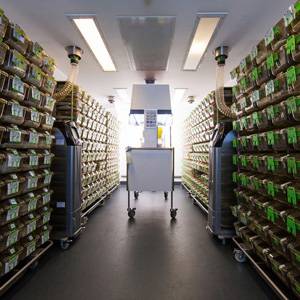
The Home Office has strict regulations governing the use of animals for research. Legal protections for research animals far exceed those for pets, livestock or any other animals.
The laws governing scientific research using animals are set out in the Animals (Scientific Procedures) Act 1986, or 'ASPA', and include regulations on housing, environment, welfare, care, and health.
Permission to work with animals is only granted under licences from the Home Secretary, which are assessed by weighing the benefits of the proposed research project against the likely cost to the animals' wellbeing. The Home Office frequently make unannounced inspections to check that the terms of the licences are being adhered to and that animal welfare is maintained at a high standard. Inspectors can check anything at the facilities, including the conditions of the animals and their housing, staff training records and the culture of care at each establishment based on interviews with staff.
Before research on animals can be authorised, three separate licenses are required:
- An establishment licence for the place at which the work is carried out; UCL holds an establishment license jointly covering the Bloomsbury Campus, Institute of Neurology, Institute of Ophthamology and Royal Free Campus
- A personal licence for each researcher to ensure that they have sufficient training, skills and experience
- A project licence for each research project, only granted if the potential benefits are important enough, the research cannot be done with non-animal methods and any discomfort to the animals is minimised
Before the Home Office allow animal research to take place, each project license is first scrutinised by the Animal Welfare Ethical Review Body (AWERB). UCL has five AWERBs, one for each research establishment plus another for a new breeding facility, and their functions are set out and monitored by the Home Office
 Close
Close

